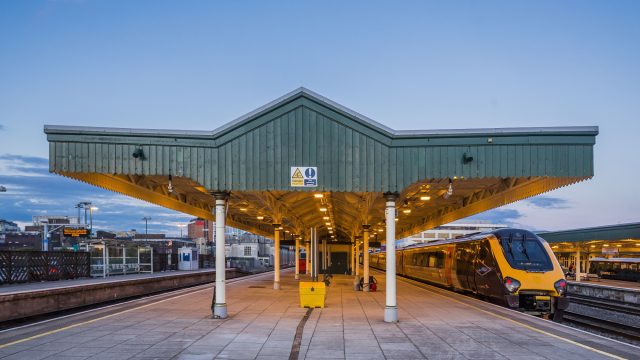
Labour has pledged to renationalise most passenger rail services if it is elected, in what it called the “biggest overhaul to our railways in a generation”.
Bringing the network under government control within five years can be done “without the taxpayer paying a penny in compensation costs”, said shadow transport secretary Louise Haigh, who unveiled the plans today.
Renationalisation would not necessarily mean cheaper prices, Haigh said, but the system would be “more transparent and clearer”. A new watchdog – the Passenger Standards Authority – would also “mercilessly” hold Great British Railways to account.
Transport Secretary Huw Merriman described the plan as “pointless”. “Without a plan to pay for this it means one thing: taxes will rise on hard-working people.”
Polls have consistently shown a majority of Britons in favour of renationalising the rail network in recent years. It’s no wonder, said The New Statesman last year, when the state of passenger train service has become “a synonym for British decline”.
“Want to understand how broken Britain is? Try catching a train,” the magazine said. The “deep problem is widely thought to be privatisation”, but a lack of competition is really to blame for mounting fares and subpar performance. Putting the monopoly on routes into state hands rather than private ones will only result in “the same de facto semi-nationalised system everyone is so unhappy with right now”.
What many overlook is that the rail network is “largely already in public hands”, said The Guardian‘s transport correspondent, Gwyn Topham. As well as the state-run Network Rail managing the tracks, four major networks are already operated by the Department for Transport after failing to thrive under private rail companies.
Trade union Aslef’s support for the Labour plan could get renationalisation off to a “flying start”, but it isn’t a magic bullet for the major challenges of “falling commuter revenues and toxic industrial relations”.
State-run rail network will be ‘more transparent and clearer’ – but not necessarily cheaper






